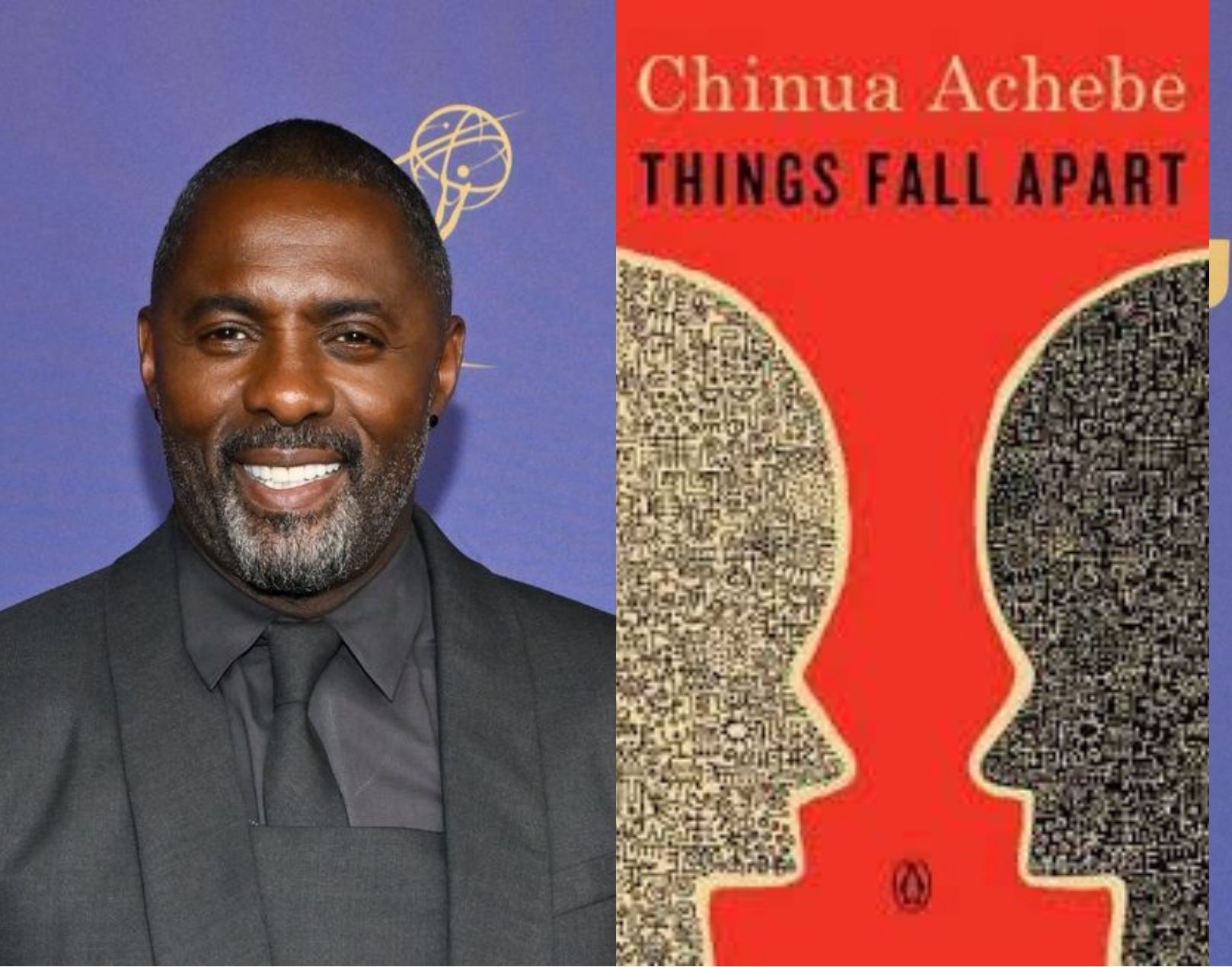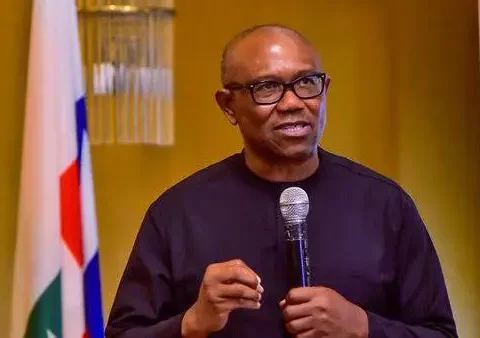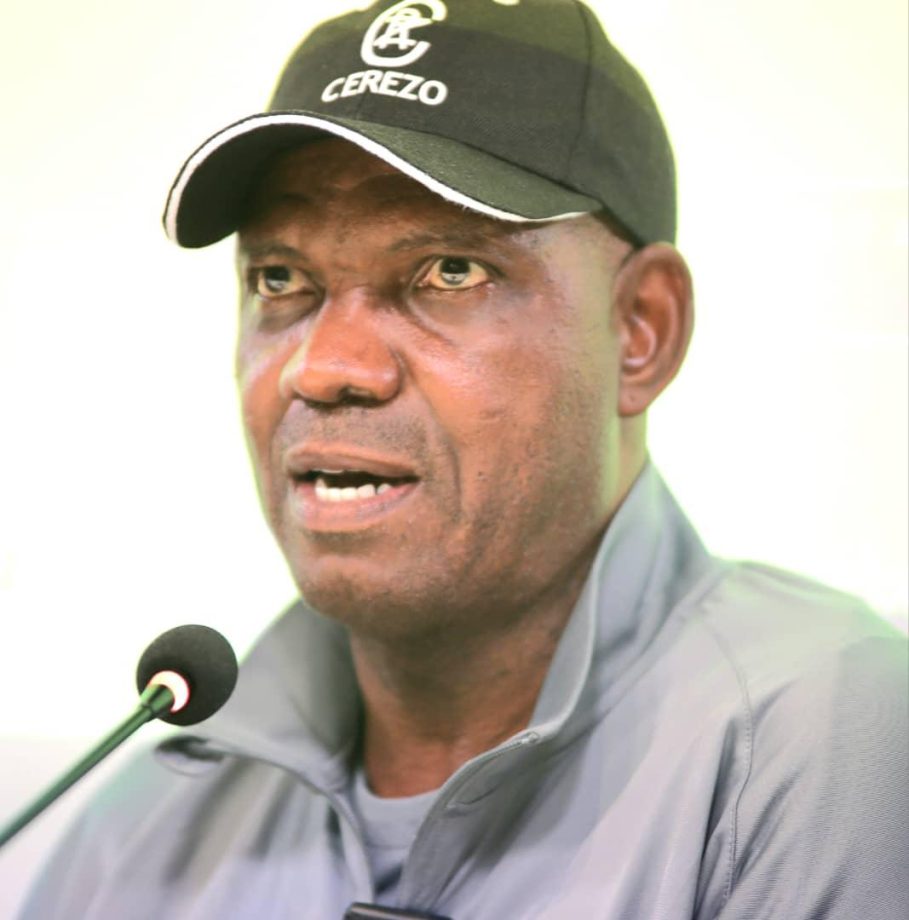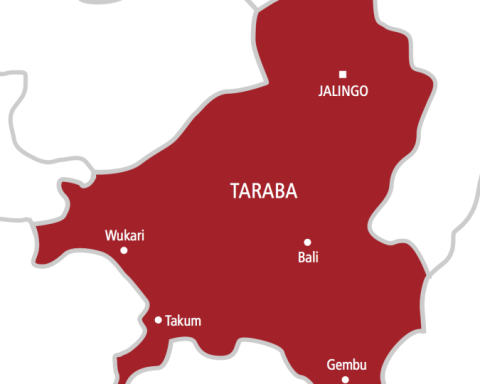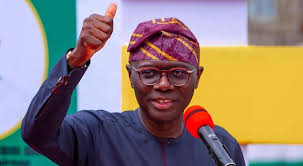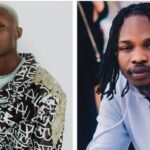By James Eze
I see no reason why folks who express concerns about casting Idris Elba in the leading role as Okonkwo, the central character in the upcoming TV adaptation of ‘Things Fall Apart’ should be vilified or made to look small. No one is in doubt about Mr Elba’s star power and box-office attraction, ‘Things Falls Apart’ weighs more than money to the society that birthed it. As the Nigerian artist, Flavour, philosophically asks, “How much is money?” This rhetorical question poses a moral dilemma for those whose defence of Mr. Elba is driven by pecuniary considerations. It is even more so when we consider that for Chinua Achebe, the novel could not be quantified in financial terms. That was why he turned down one million dollars offered by the rapper 50 Cent for the use of the title of this same book for his movie. His refusal forced 50 Cent to change the title of his film to “All Things Fall Apart” at the last minute. The argument about money is therefore off-putting and irrelevant!
As we all probably know, every great work of art has its provenance, its cultural nativity, and its unspoken mission. No great literature dropped from the sky. Things Fall Apart is not fiction as we know it. It is a living artefact of a people… a story of the Igbo that became an African heirloom and eventually a global classic. It is wrong to silence people who question the involvement of Elba and other Hollywood figures billed for major roles in the series. Great literature provokes conversations. Informed perspectives do not belong exclusively to celebrity writers or influential columnists. Let a thousand birds sing. “The wood would be silent if no birds sang except those who sang best” says American writer, Henry Van Dyke.
Join our WhatsApp ChannelIt is depressing to read arguments that Things Fall has outgrown its cultural moorings and now belongs to global literature. While no one is in doubt of the global standing of Things Fall Apart, it would amount to deliberate self-immolation to forget that what has kept the book standing in universal narrative is its cultural roots. In fact, such claims betray a poor grasp of what that book meant to Achebe. I dare say, that his mission in writing the book had far less to do with pleasing a global audience and far more to do with restoring the dignity of a maligned people. In his seminal essay, “Named for Victoria, Queen of England (1973),” Achebe revealed what the book meant to him. Said he; “Although I did not set about it consciously in that solemn way, I know now that my first book, Things Fall Apart, was an act of atonement with my past, the ritual return and homage of a prodigal son.” The book is a ritual return and homage of a prodigal son to his heritage. It is a sacred parchment, a symbolic act of saying, “I haven’t left you, mother.” Achebe’s revelation evokes a strong nostalgia of Christopher Okigbo’s Heavensgate (The Passage) where the poet intones; “BEFORE YOU, mother Idoto/Naked I stand/Before your watery presence/A prodigal” It speaks to the cultural rootedness of Achebe’s generation of writers which has since dissolved against the cultural porousness of succeeding generations of African writers and their endless hankering to be found worthy by the West.
Achebe’s literary voyage was deeply rooted in a longing for an immersive reclamation of a vanishing heritage that had come under a relentless onslaught of an all-conquering civilization. In his celebrated essay; The Novelist as a Teacher, Achebe declares that his mission was “To help my society regain belief in itself and put away the complexes of years of denigration and self-abasement.” Expounding it further, he confessed “I would be quite satisfied if my novels (especially the ones set in the past) did no more than teach my readers that their past—with all its imperfections—was not one long night of savagery from which the first Europeans acting on God’s behalf delivered them.” Indeed, self-belief will continue to elude Achebe’s society if in the 21st century, it still looks helplessly to the same colonizers Achebe had fought all his life to project its narratives to the world. This is why it matters who plays Okonkwo in the upcoming series on Things Fall Apart.
READ ALSO: Movie Review: Shanty Town And Its Mindless Brutality
Ironically, Achebe’s society has fought hard in the past thirty years to create a balance of stories in film. True, it might not have the technical finesse or the intimidating media hype of Hollywood, it has succeeded in offering an alternative storytelling culture in film that the world cannot ignore. It does not matter that Nigerian intellectuals hold Nollywood in absolute contempt. The wider world has felt its impact. While it can be reasonably argued that thirty years is enough time for Nollywood to get its acts together, it is useful to remember that it took Hollywood 114 years of committed institutional, technological and creative support to get where it is at today. Had the Nigerian establishment and her intellectual class not been purposefully disdainful of Nollywood, a modern television adaptation of Things Fall Apart would not have ended up in the hands of strangers.
The argument that only Hollywood can project an idea on a scale that will grab the attention of the world is weak. We must also look at the story itself. Things Fall Apart is not your typical, obscure film script. The book has shattered many records and earned its place as the 27th of the 50 Most Influential Books of All Time with over 20 million copies sold. It is difficult to accept that the attentive world needs an Idris Elba to take interest in its TV adaptation.
Chinua Achebe had a deep philosophical approach to life that reflected tellingly in his art. And it is highly important to bear that in mind while appraising the unfolding scenario. For instance, his fascination with dualism is not something that should be glossed over by either his biological or literary heirs. In his August 2000 interview with The Atlantic, Achebe had declared “I personally wish this century to see—a balance of stories where every people will be able to contribute to a definition of themselves, where we are not the victims of other people’s accounts.” This declaration raises questions about the cultural fidelity of the people entrusted with the impending TV series. Do they understand the cultural aesthetics that sired Things Fall Apart enough to interpret it? This is not just another Hollywood blockbuster o!
I remember The Kite Runner, a phenomenal novel by Afghan-born Khaled Hosseini which was adapted into a motion picture in 2007. I remember that four languages were effectively tapped to map the cultural and linguistic tapestry of the Academy Award nominated movie including Dari, Pashto, Urdu and English. Nuance matters a lot in projects of this nature. It would be infinitely interesting to see how the directors of Things Fall Apart will handle the overarching cultural sensibilities, considering their different cultural backgrounds.
I have read diverse arguments on this subject. Some of them are quite insightful, some challenging and some downright infuriating. Perhaps no other book could have provoked such reactions but Things Fall Apart. I have read a critic who described Things Fall Apart as a British novel. I have read a writer who vehemently declared “Things Fall Apart is not an Igbo book, but an African book. No African tribe can claim ownership of the book.” And many of his writer friends who are Igbo applauded his declaration as the ‘absolute truth.’ I guessed they didn’t want to offend him. While a book might not necessarily belong to its author, a book is a product of a culture. But since the human experience is largely the same across cultures, a great book has an infinite capacity to speak for cultures outside of its birth-culture. A novel set in the Igbo culture can speak to the human condition in Japan. However, it would be a stretch to call it a Japanese book.
In summary, it may be helpful to recall that when Things Fall Apart was first adapted to television, the Nigerian film industry (Nollywood) as we know it today, had not come into existence. If it is legally possible, it would be wonderful to have a remake of that series with a cast and crew largely drawn from the Nollywood pool to interpret the book for this generation and for generations to come. That Nollywood version can comfortably sit beside Mr Elba’s adaptation. After all, Shakespeare’s prodigious oeuvre has benefited from endless stage adaptations through the millennia that have turned them into living documents. Things Fall Apart deserves no less.
In the end, it is not so much a question of whether Mr Elba is a great fit for Okonkwo as it is the need to preserve the cultural essence of Things Fall Apart. In his own words, Achebe observed that “The worst thing that can happen to any people is the loss of their dignity and self-respect.” In its sixty six years of existence, Things Fall Apart has given us a distinctive identity in the world of letters. It has accumulated a transcendent weight akin to the Bible. May its value not be watered down by a strange desire for conformity!
That is why we are interested in who plays Okonkwo!
James Eze, poet, songwriter and journalist writes from Enugu.


